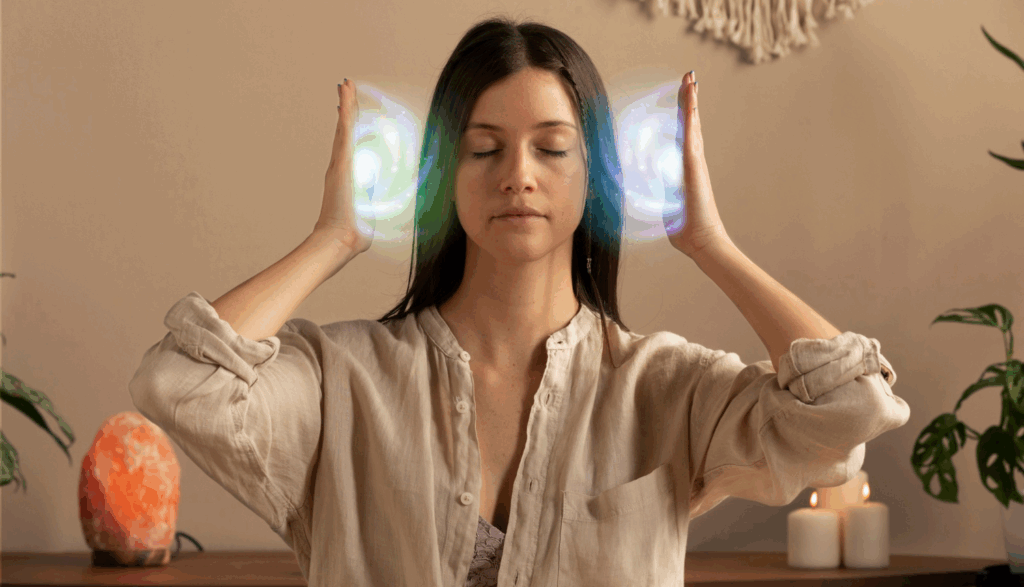From the ancient practice of tracking planetary alignments to the modern science of biological clocks, humans have long been fascinated by the ways time shapes our lives. Astrology and chronobiology, though rooted in different traditions, both explore how timing and cosmic rhythms influence human behavior — and when combined, they offer a deeper understanding of ourselves.
Astrology teaches that the positions of the planets at the moment of our birth can reveal key aspects of our personality, desires, and life patterns. It suggests that each planet’s movement through the zodiac influences us collectively and individually, affecting our moods, relationships, and even major life decisions. For example, Mercury retrograde is often blamed for communication mishaps, while a full moon might be credited (or blamed) for heightened emotions.

Chronobiology, on the other hand, is a scientific study of the body’s natural rhythms — our internal clocks that regulate sleep, hormone release, metabolism, and behavior. Circadian rhythms, which follow roughly a 24-hour cycle, dictate when we feel most alert or when our body naturally craves rest. Beyond daily cycles, there are also lunar and seasonal rhythms that subtly guide our energy and mental states.
When we look at astrology and chronobiology together, fascinating parallels emerge. Both highlight the importance of timing and encourage us to listen to the rhythms around and within us. Aligning our activities with natural cycles — whether that’s starting a new project under a waxing moon or respecting our body’s need for rest at night — can lead to greater harmony and well-being.
Ultimately, exploring the interplay of cosmic patterns and biological time can help us make more mindful choices, understand our moods, and connect more deeply with the natural flow of life. In this dance of stars and cells, we find a powerful reminder: timing truly is everything.
Related: The Best Astrology Books and Decks to Deepen Your Star Knowledge





















